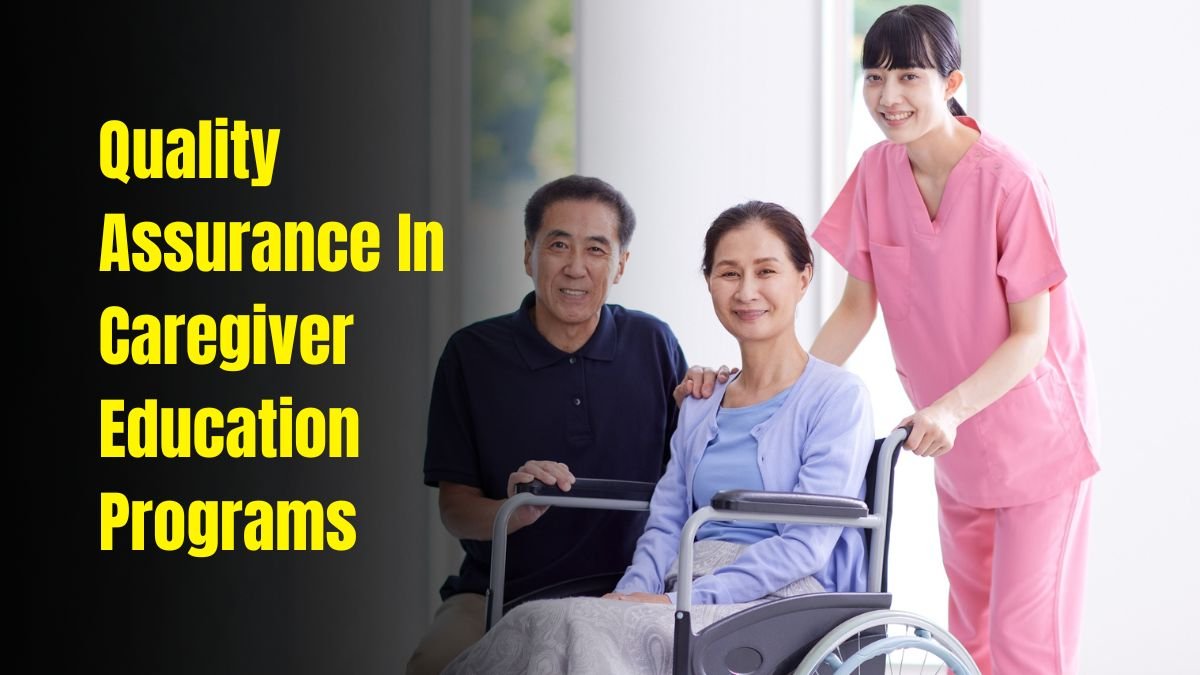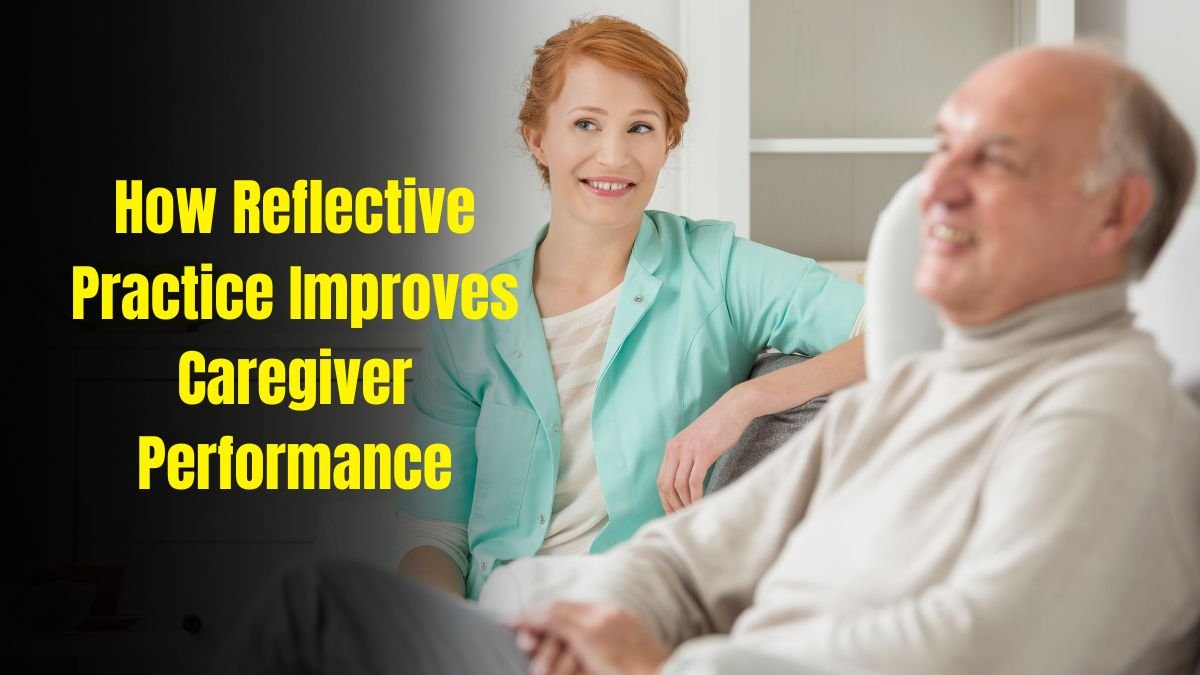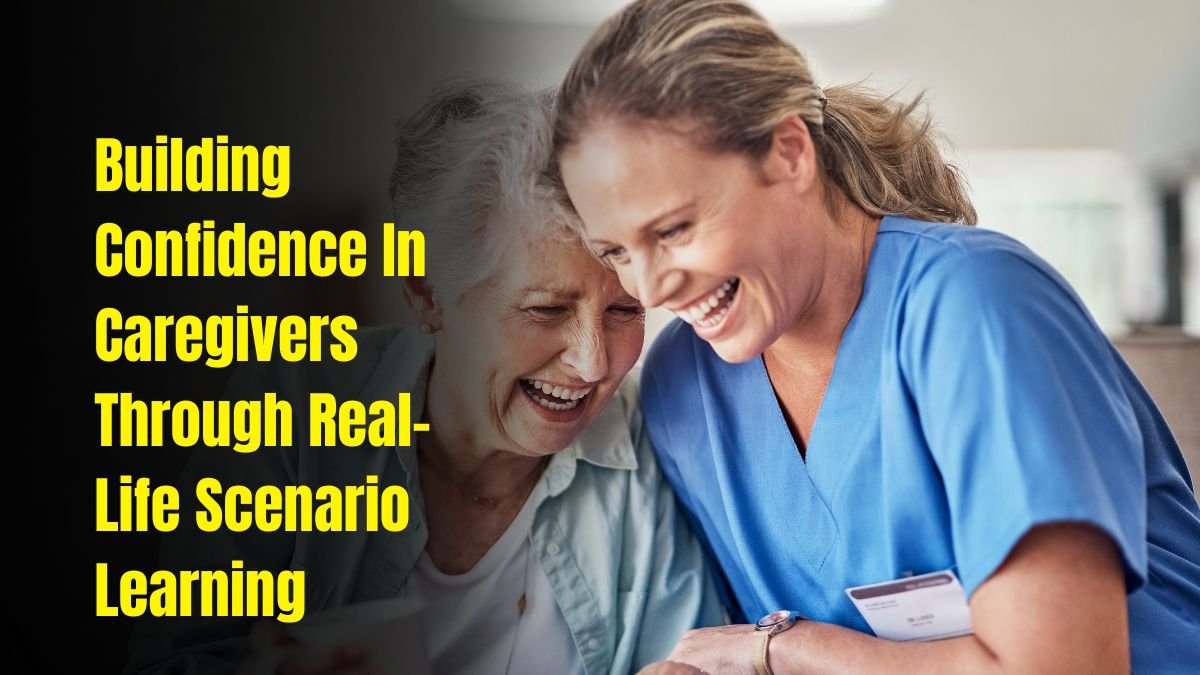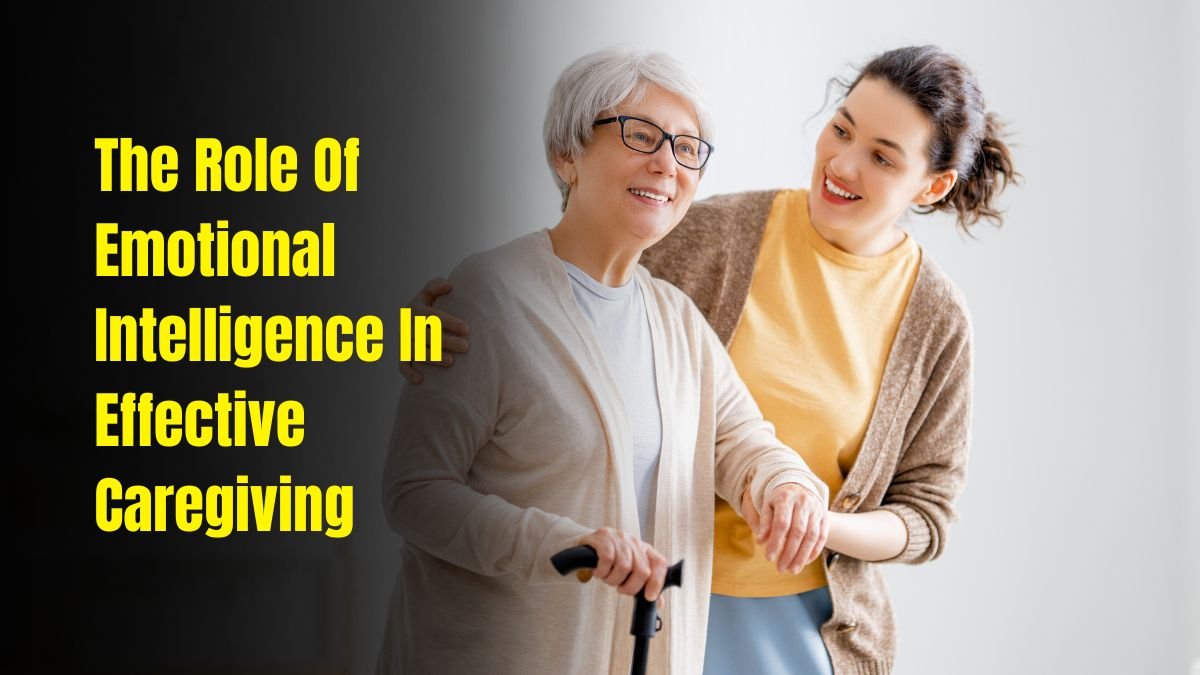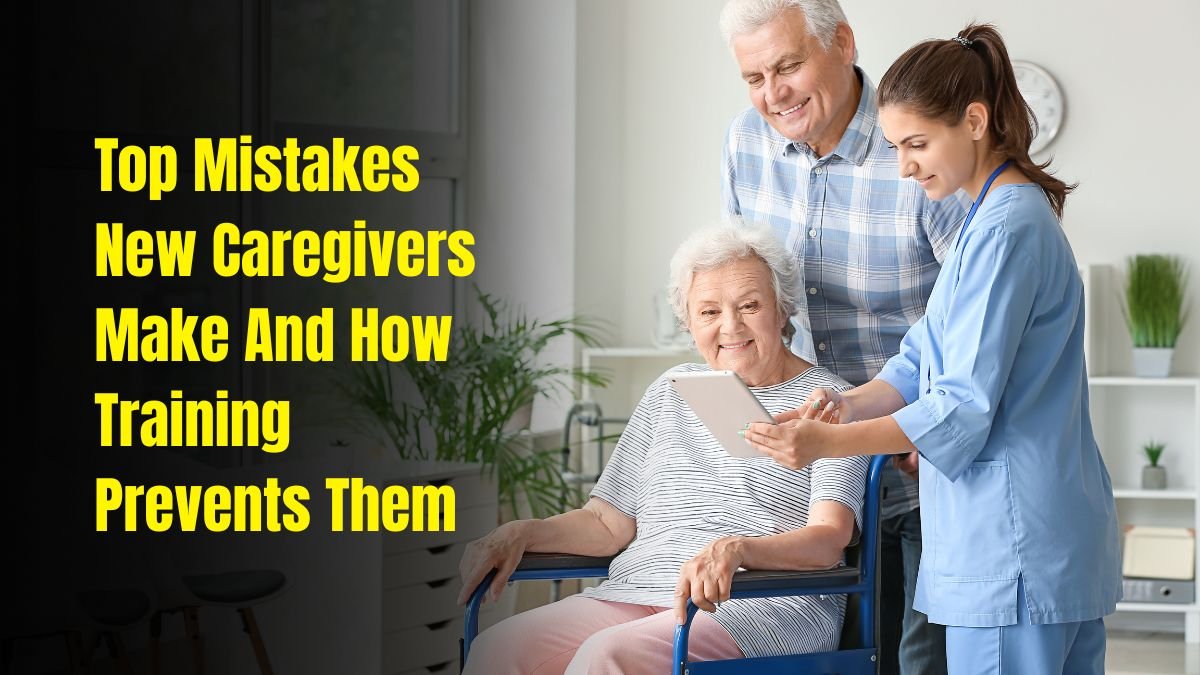In an age where chronic illnesses, aging populations, and mental health crises intersect, caregivers are often the backbone of support systems. Yet caregivers themselves are under immense stress—physically, emotionally, and psychologically. Integrating mental health awareness Continue reading
Caregiver Training & Skill Development
Quality Assurance In Caregiver Education Programs
As global demand for caregivers continues to rise, ensuring the quality of caregiver education programs has become more important than ever. Quality assurance (QA) guarantees that the training caregivers receive is competent, consistent, and credible, ultimately safeguarding those Continue reading
How Reflective Practice Improves Caregiver Performance
In the demanding world of caregiving—whether in healthcare, home care, elder care, or disability support—continuous improvement is not optional, it’s essential. One powerful method for driving improvement is reflective practice. Reflective practice refers to the Continue reading
Building Confidence In Caregivers Through Real-Life Scenario Learning
In today’s fast-paced and ever-changing healthcare environment, caregivers face numerous challenges—physical, emotional, and psychological. Whether they are family members caring for loved ones or professional healthcare aides, one of the most vital attributes they need Continue reading
The Role Of Emotional Intelligence In Effective Caregiving
In the heart of every caregiver’s journey lies not just skill and dedication but emotional connection. The ability to understand, manage, and respond to emotions—both one’s own and others’—is what truly defines effective caregiving. This quality Continue reading
Top Mistakes New Caregivers Make And How Training Prevents Them
Stepping into the role of a caregiver—whether for an aging parent, an ill spouse, or a disabled loved one—is an act of compassion that demands both heart and skill. Yet, despite their best intentions, new caregivers Continue reading
The Connection Between Staff Training and Patient Satisfaction Scores
Hospitals that invest in structured staff training consistently see improvements in patient satisfaction—especially in communication-heavy domains like nurse and doctor communication, discharge information, and care coordination. Recent analyses and peer-reviewed studies from 2024–2025 reinforce what leaders have observed Continue reading


